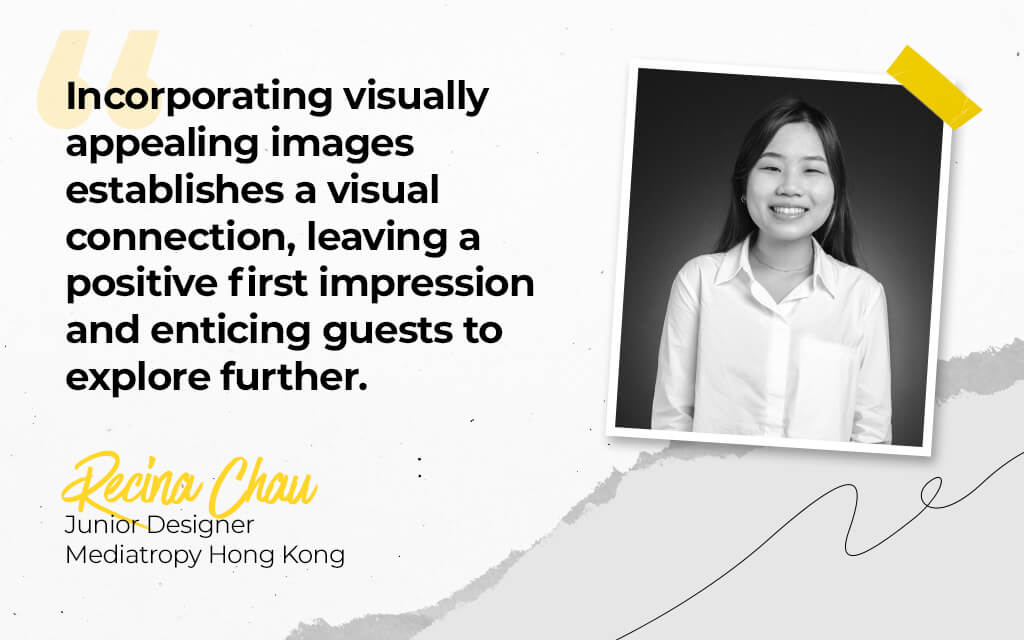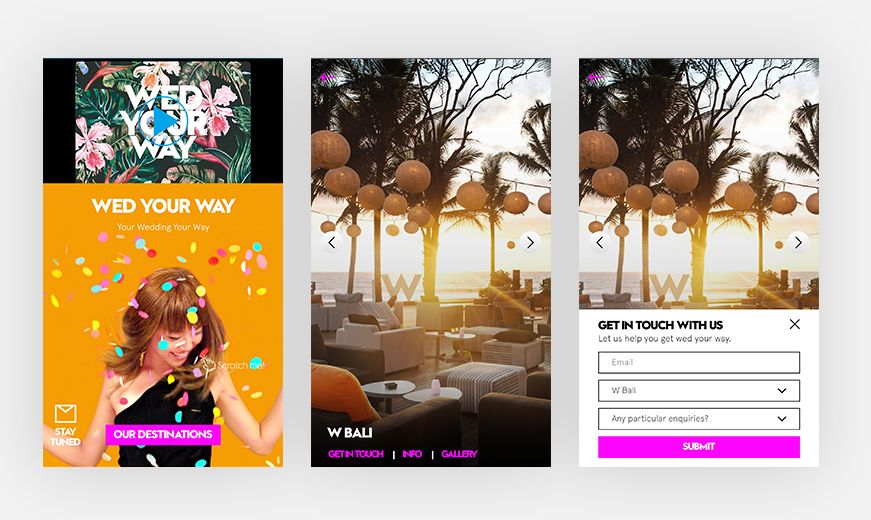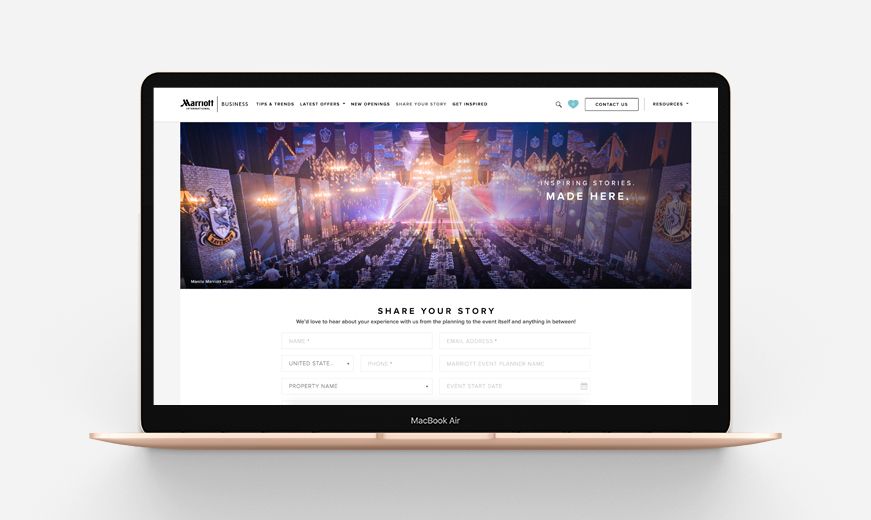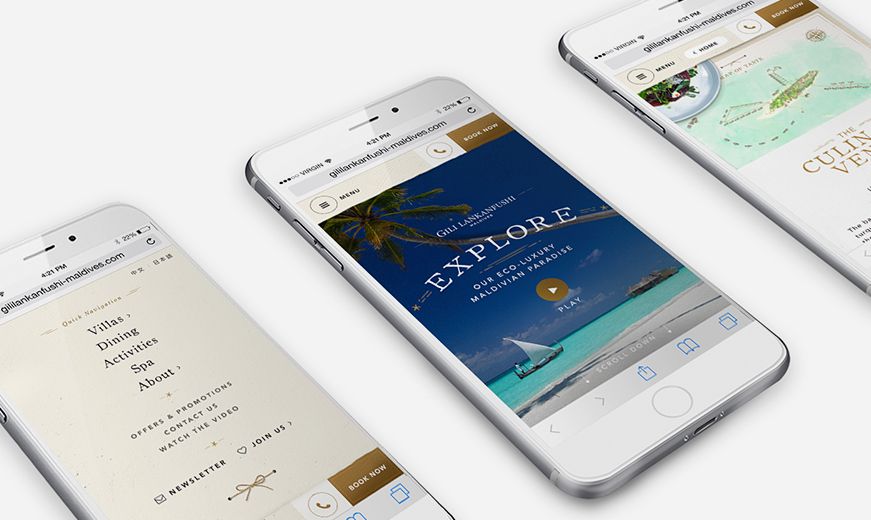The hospitality industry is full of hotels, all vying for the attention of a limited pool of passengers looking for unforgettable and fantastic experiences. Nowadays, delivering exceptional user experiences (UX) and seamless user interfaces (UI) is key to success in the hospitality industry.
After years of restrictions, we’re now seeing revenge spending in local travel and with the return of international tourism, the industry is bouncing back. The entire Southeast Asia is also experiencing high hotel demand, as a surge of business travellers and expatriates from the United States, Europe, and Western corporations create fresh demand.
As in-person events such as MICE (Meetings, Incentives, Conferences and Exhibitions) bring in big business in the hotel industry, there will be a massive expectation for personalised experiences by recommending relevant room options, amenities, and packages based on user preferences.
We can’t stress enough the impact of UX/UI Design on hotel bookings and revenue, as these elements influence guests’ decisions and drive higher revenue streams. In a report, experts estimated moving from below-average customer experience to above-average would yield over $1 billion additional annual revenue for hotels. A well-crafted digital experience, using UX/UI design in the web development stage, can transform bookings and revenue generation for the hotel industry.

It’s all about first impressions. Positive user experiences begin with an intuitive and visually appealing user interface. Mobile-friendly hotel websites with clear navigation and simple booking process affect users’ first impressions and foster a sense of credibility and trust. If your website still has the UI/UX design reminiscent of the 2000s, well, expect slow or zero bookings.
“Implementing a good UX/UI on a hotel website is crucial for attracting and engaging potential guests,” says Recina Chau, a Junior Designer at Mediatropy Hong Kong.
She also emphasises the foundation of this process, “It starts by understanding your target audience and their needs. Designing an easy navigation helps users find what they need quickly. With the increasing use of mobile devices, optimising for a seamless mobile experience is essential for higher engagement and conversion rates. Highlighting hotel special features and offers creates a unique value proposition that sets your hotel apart. Lastly, continuous improvement based on user feedback and data is vital for ongoing success.”
You need to establish a sense of familiarity and intuitiveness when designing your website. Users should feel at ease as they navigate the website, with elements such as easy-to-find menus, search bars, and booking forms placed where they are conventionally expected. Implementing recognisable design patterns help visitors effortlessly interact with the site, enhancing their overall experience. Moreover, maintaining consistent design elements throughout the website builds a cohesive and trustworthy brand image.

Hospitality websites should have a clean and uncluttered design that prioritises the presentation of important information. When users visit a hotel’s website, they are looking for important information about room types, amenities, rates, and location. Presenting this information in a concise and easily digestible manner is crucial. Utilise a hierarchy of headings, bullet points, and concise yet engaging descriptions to guide users’ attention to the most relevant details.

Again, if your website still feels like it’s not worth visiting, users swiftly navigate away from it. Your website must seamlessly adapt to various platforms, from desktop computers to smartphones and tablets. Nearly half of all web visits, approximately 49.78%, were attributed to mobile devices, with the remaining 50.22% being represented by desktop usage.
Make sure that your website is optimised for mobile viewing so potential guests can access information on the go. You also need to provide immediate feedback when users interact with the site—whether it’s clicking a button, filling out a form, or completing a booking—reinforces a sense of control and engagement.

Marketing experts always say: Consistency is the cornerstone of a successful brand identity. That’s true across industries – even hotels. They should have consistent brand identity throughout their site.
If you’re positioning your hotel as a luxurious destination, your website needs to exude refinement and luxury. Every trivial detail, pixel, typography—every element—and every interaction should evoke the same sense of indulgence. By aligning the digital experience with the hotel’s physical environment, you can establish a sense of continuity. This level of coherence fosters brand recognition and the overall professionalism of the website.
Your website should embody the hotel’s unique brand voice. This extends beyond visuals to encompass the tone of the content, including headlines, descriptions, and calls to action. Creating a harmonious fusion between design and content, your website resonates with the desired target audience, leaving a lasting impression.

At the heart of impactful UX/UI design lies a deep focus on the user. The journey that visitors take on your website should be intuitive, seamless, and delightful. By understanding the needs, motivations, and pain points of the target audience, designers can craft an experience that addresses these aspects effectively. Implementing user research and testing methodologies ensure that the website aligns with user expectations, resulting in higher engagement and conversion rates.As a digital agency that understands the ins and outs of the hospitality world, we totally get how awesome UI/UX can really boost hotel bookings. Fancy a chat about kicking off your project? Just give us a shout whenever you’re ready – our award winning team is ready to help!
Don't be shy — say hello and we'll be glad to kickstart your next exciting digital marketing journey.